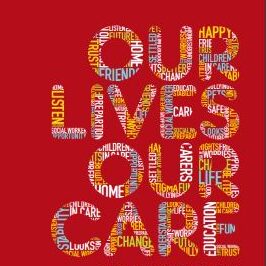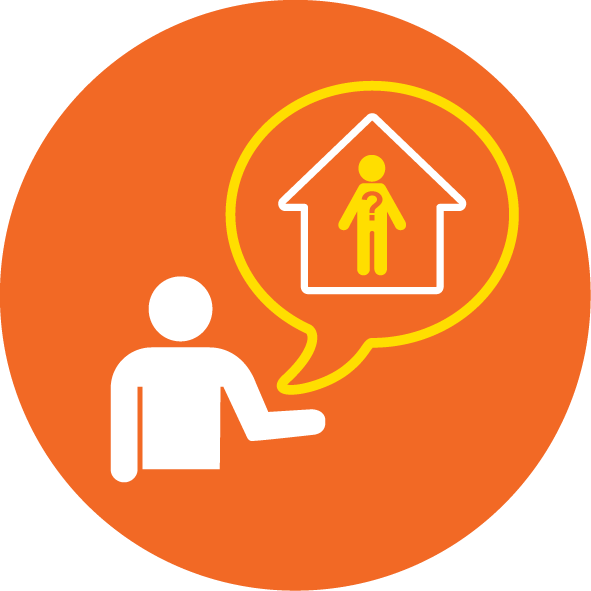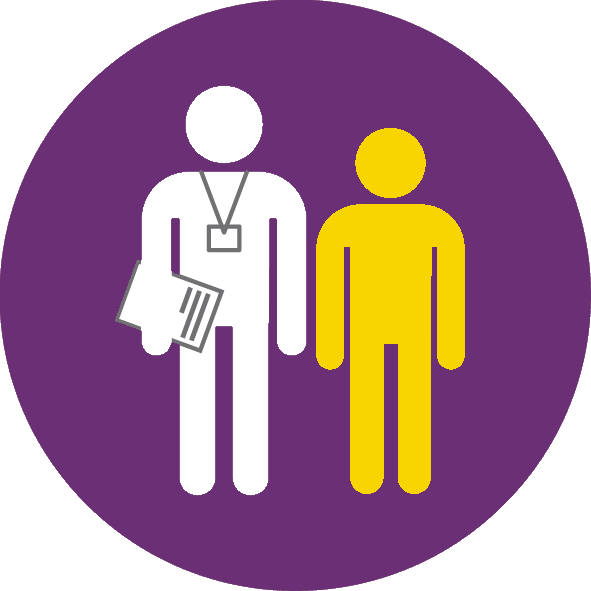Julie Selwyn Marsha Wood and Tabetha Newman
Child Indicators Research (2017) 10:363–380
In England, about 69,000 children and young people are in care, primarily because of abuse and neglect. The impact of maltreatment can be long lasting and the quality of substitute care the child receives has a significant impact on children’s developmental recovery.
Yet little is known about how looked after children and young people view their own well-being. Do they identify the same elements as important to their wellbeing as do children in general population and how might their well-being be measured? Here, we describe the development of an on-line survey to measure the subjective well-being of children in care. Eighteen focus groups were held involving 140 children and young people to understand their perceptions of what was important to their wellbeing.
Although there were domains of well-being, such as the importance of relationships, that were held in common with children in the general population, looked after children identified other domains and their emphasis differed.
Children emphasised the importance of relationships with foster carers, social workers and siblings and of being able to trust the adults in their lives. Unlike children in the general population, looked after children thought that having a coherent account of their histories and knowing the reason for being in care was crucial. The study demonstrated that children as young as 6 years old were able to provide meaningful responses about their well-being.
The challenge for practice is to respond to those views and not leave children disillusioned that their views have made no difference.
In England, about 69,000 children and young people are in care, primarily because of abuse and neglect. The impact of maltreatment can be long lasting and the quality of substitute care the child receives has a significant impact on children’s developmental recovery.
Yet little is known about how looked after children and young people view their own well-being. Do they identify the same elements as important to their wellbeing as do children in general population and how might their well-being be measured? Here, we describe the development of an on-line survey to measure the subjective well-being of children in care. Eighteen focus groups were held involving 140 children and young people to understand their perceptions of what was important to their wellbeing.
Although there were domains of well-being, such as the importance of relationships, that were held in common with children in the general population, looked after children identified other domains and their emphasis differed.
Children emphasised the importance of relationships with foster carers, social workers and siblings and of being able to trust the adults in their lives. Unlike children in the general population, looked after children thought that having a coherent account of their histories and knowing the reason for being in care was crucial. The study demonstrated that children as young as 6 years old were able to provide meaningful responses about their well-being.
The challenge for practice is to respond to those views and not leave children disillusioned that their views have made no difference.



